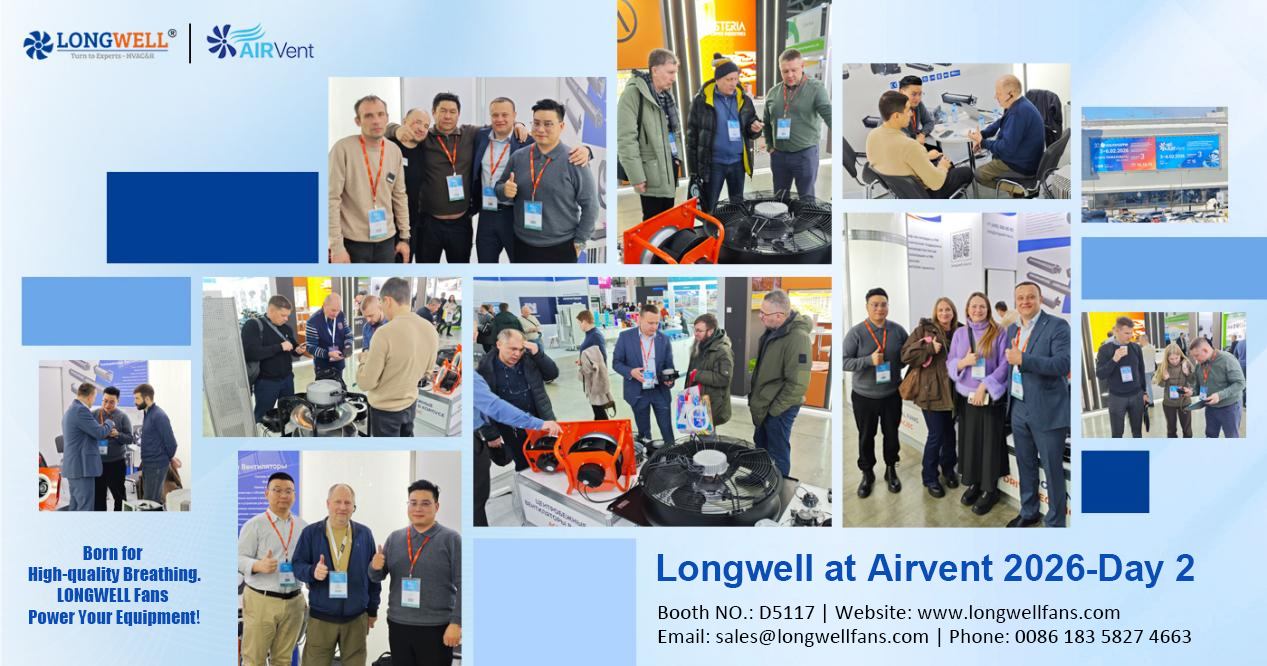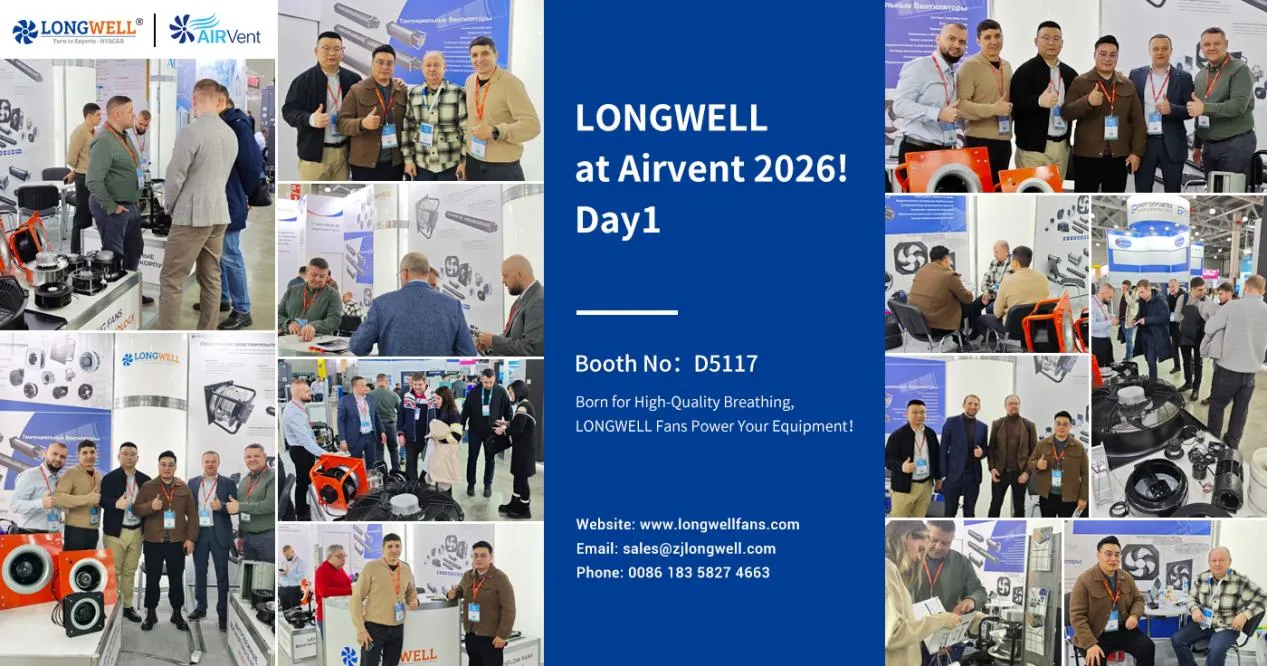What is an EC Motor?
EC motors, short for Electronically Commutated motors, represent a new era in motor technology. They combine the efficiency of brushless DC motors with advanced electronic control mechanisms, making them highly efficient and versatile. EC motors are known for their durability, low maintenance, and energy-saving properties, making them the preferred choice in industries like HVAC, industrial automation, and household appliances.
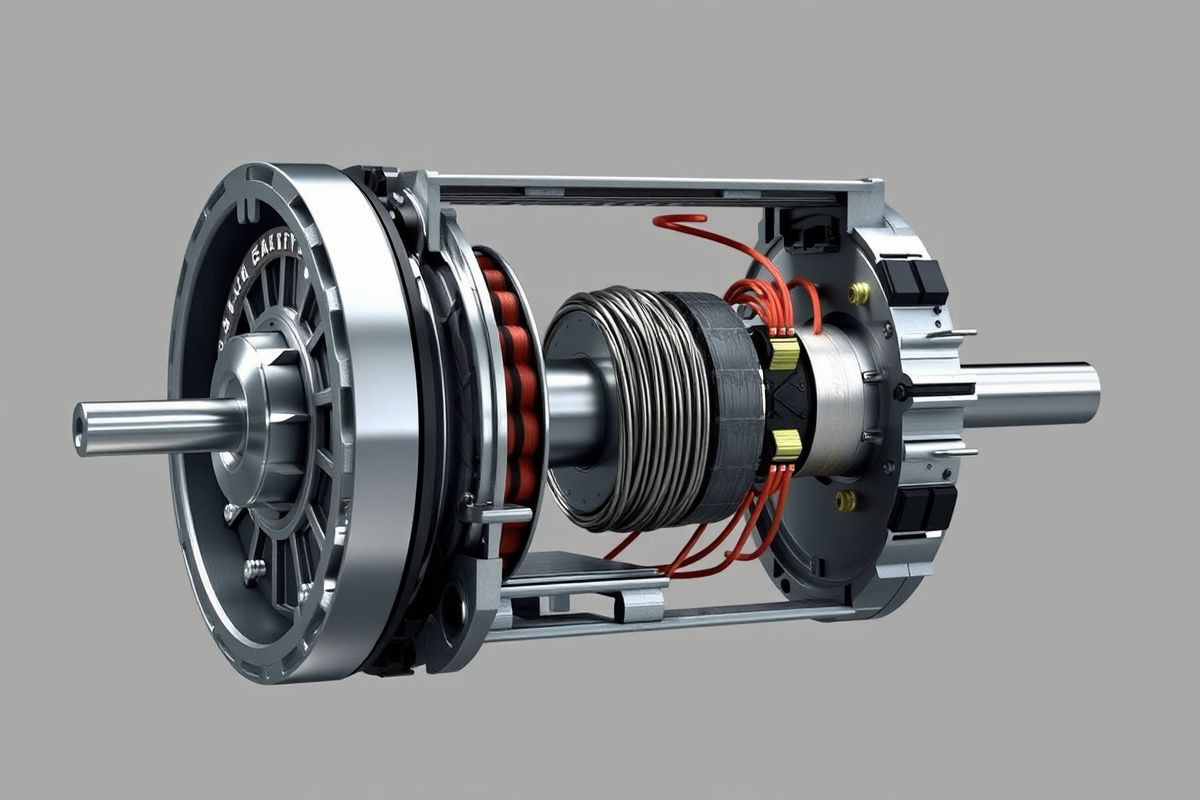
How Does an EC Motor Work?
The working principle of an EC motor is rooted in the use of electronics to control the commutation process. Unlike traditional motors, which use mechanical brushes to switch current direction, EC motors utilize an electronic circuit to perform this task. This eliminates physical wear and tear, enhancing the motor’s lifespan.
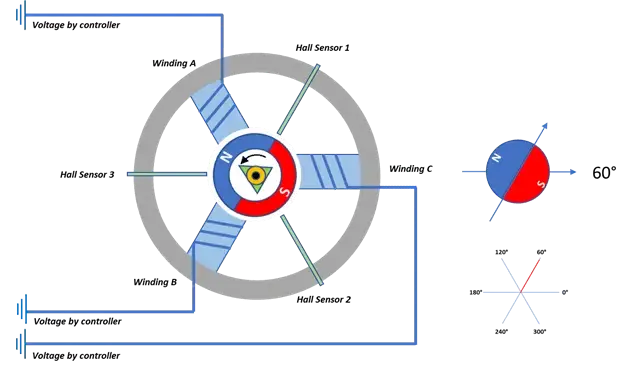
- Electronic Commutation: A built-in controller manages the switching of current to the motor windings.
- Permanent Magnets: The rotor uses permanent magnets, reducing energy losses.
- Optimized Performance: Precise control over speed and torque is achieved.
Advantages of EC Motors
EC motors offer several advantages that set them apart from traditional motors:
- Energy Efficiency: EC motors consume significantly less electricity, making them ideal for energy-conscious applications.
- Reduced Maintenance: The absence of brushes means less wear and tear, leading to lower maintenance costs.
- Longer Lifespan: With fewer moving parts, EC motors last longer than their counterparts.
- Compact Design: EC motors are typically smaller and lighter, providing more design flexibility.
These benefits make EC motors highly appealing across various industries, especially where reliability and efficiency are critical.
Key Performance Parameters of EC Motors
When selecting an EC motor, understanding key performance parameters can help users make informed decisions:
- Power Output: EC motors are available in a wide range of power outputs, suitable for small appliances to industrial systems.
- Efficiency Ratings: Most EC motors meet or exceed IE4 efficiency standards.
- Speed Control: Variable speed options allow for precise adjustments in operation.
- Noise Levels: With quieter operation, EC motors are ideal for residential and noise-sensitive applications.
Applications of EC Motors
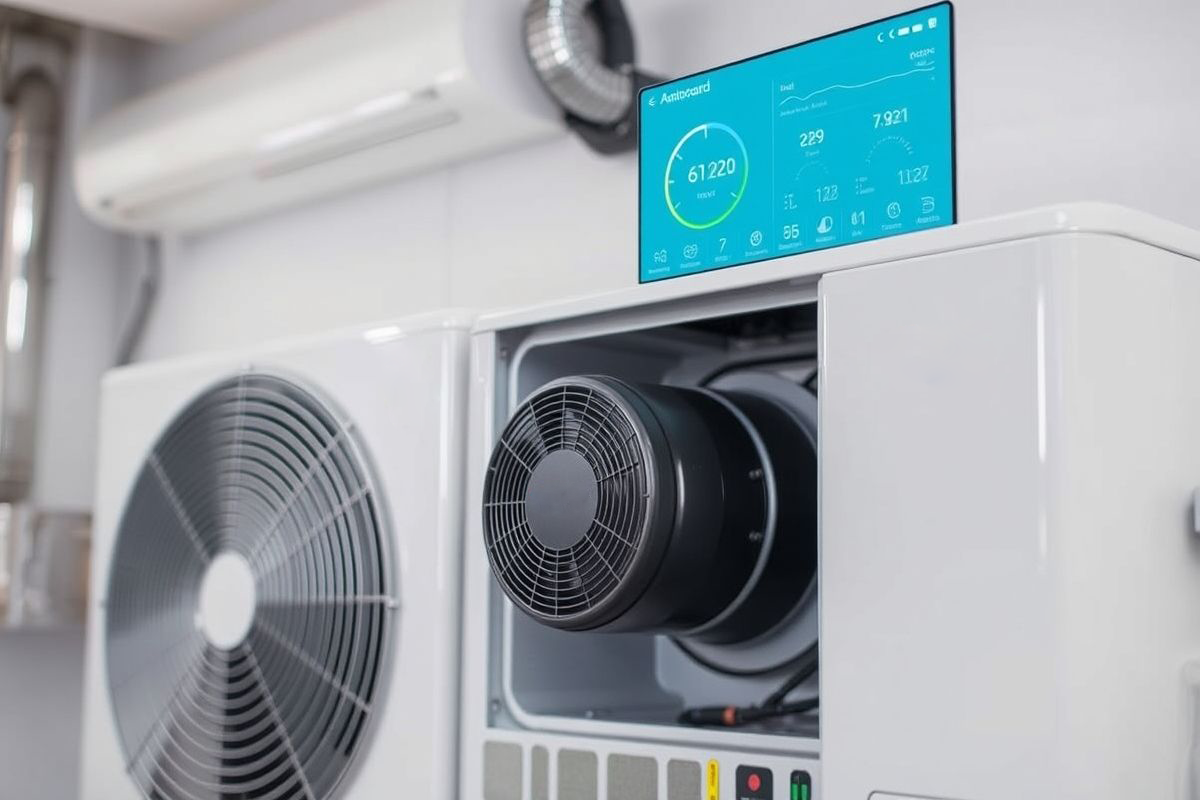
EC motors have a wide range of applications, thanks to their adaptability and performance:
1. HVAC Systems
In heating, ventilation, and air conditioning (HVAC) systems, EC motors are prized for their energy-saving properties. They ensure quieter operation and better airflow control, enhancing overall system performance.
Case Study: Energy Savings in HVAC
An HVAC manufacturer integrated EC motors into their systems, achieving a 30% reduction in energy consumption compared to traditional setups.
2. Industrial Automation
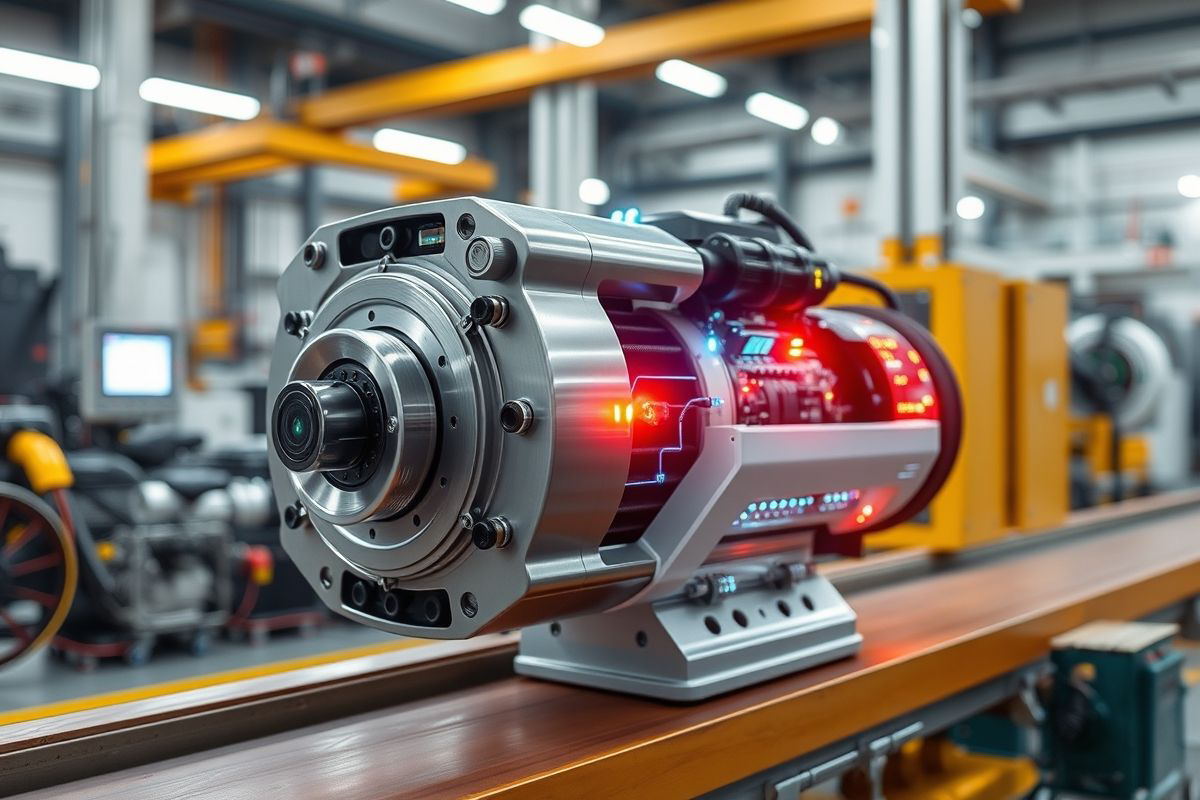
EC motors provide precise control, making them a staple in robotics, conveyor systems, and automated machinery. Their compact size and reliability are especially valuable in high-tech industries.
3. Household Appliances
Appliances like washing machines, refrigerators, and fans benefit from the efficient operation of EC motors, reducing energy bills and noise levels for consumers.
Comparing AC, DC, and EC Motors
Understanding the differences between AC (Alternating Current), DC (Direct Current), and EC (Electronically Commutated) motors is essential for selecting the right motor for your application. Each type has unique characteristics that cater to specific requirements.
| Aspect | AC Motors | DC Motors | EC Motors |
|---|---|---|---|
| Energy Efficiency | Moderate | Low to Moderate | High |
| Maintenance | Low | High (brushes need regular replacement) | Very Low (no brushes) |
| Lifespan | Long | Short to Moderate | Longest |
| Speed Control | Limited without a Variable Frequency Drive (VFD) | Good | Excellent |
| Noise Levels | Moderate | High | Low |
| Applications | Industrial equipment, fans, pumps | Small appliances, vehicles | HVAC, robotics, automation |
| Cost | Lower initial cost | Lower initial cost | Higher initial cost, but cost-effective over time |
Key Takeaways
- AC Motors: Best for basic applications with minimal speed control requirements. They are reliable and cost-effective but less efficient.
- DC Motors: Suitable for applications needing high speed control and torque but require frequent maintenance.
- EC Motors: The most efficient and versatile option, ideal for modern applications focused on energy savings and long-term performance.
Choosing the Right Motor for Your Needs
When deciding between AC, DC, and EC motors, consider the specific requirements of your application, including energy efficiency, maintenance, and cost. EC motors are an excellent choice for modern applications due to their energy-saving properties and low maintenance needs, making them the best long-term investment.
Why Choose EC Motors Over Traditional Motors?
Understanding the differences between EC motors and traditional motors highlights their superior performance:
| Aspect | EC Motors | Traditional Motors |
|---|---|---|
| Energy Efficiency | High | Moderate |
| Maintenance | Low | High |
| Lifespan | Long | Short |
| Applications | Versatile | Limited |
Market Trends and Future Potential
With the global emphasis on energy efficiency and sustainability, the demand for EC motors is expected to grow exponentially. Recent trends include:
- Integration with IoT: EC motors are increasingly being equipped with smart sensors for real-time monitoring and control.
- Advancements in Materials: Manufacturers are developing lighter, more efficient materials for rotor and stator designs.
- Industry-Specific Customization: EC motors are being tailored for specific industries, such as pharmaceutical cleanrooms and high-precision manufacturing.
FAQs About EC Motors
What is the difference between an EC motor and a BLDC motor?
Both EC motors and BLDC motors use electronic commutation, but EC motors often come with integrated controllers, making them easier to use in commercial applications.
Can EC motors be used in extreme environments?
Yes, with proper design and materials, EC motors can operate effectively in harsh conditions such as high temperatures or dusty environments.
Conclusion
EC motors are revolutionizing motor-driven systems across industries. Their high efficiency, low maintenance, and adaptability make them the go-to solution for modern energy-conscious applications. As technology advances, EC motors are expected to play an even greater role in driving sustainable industrial and consumer innovations.
